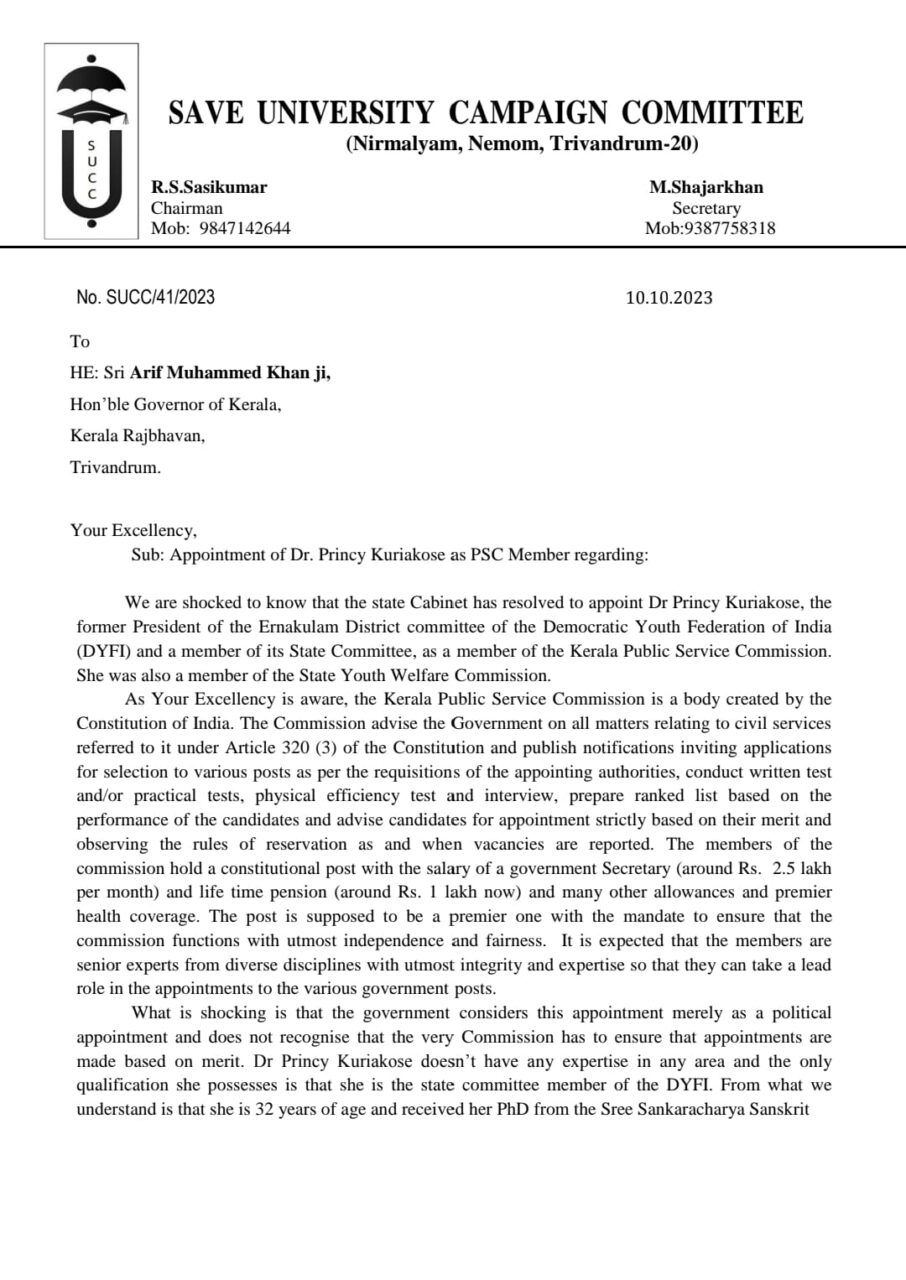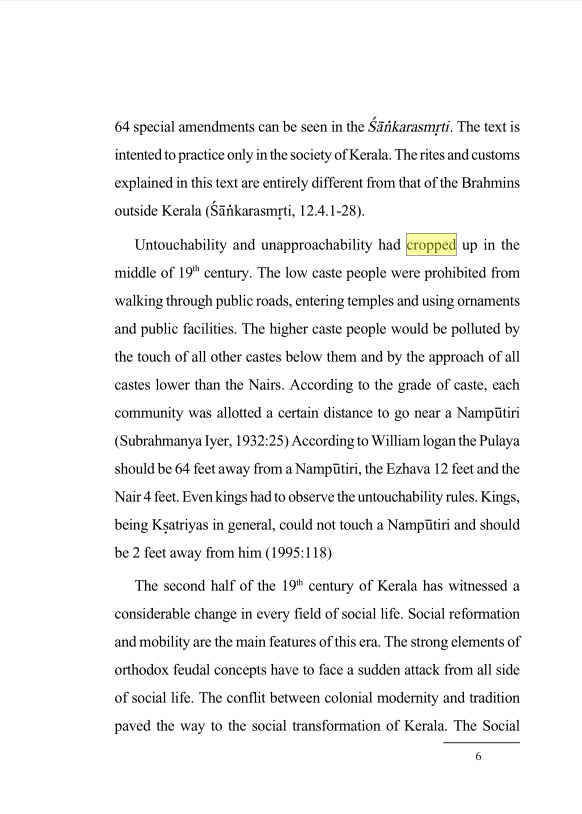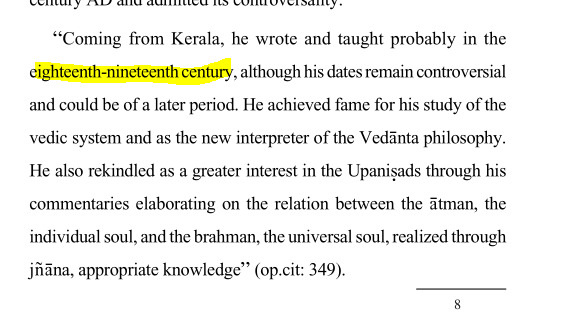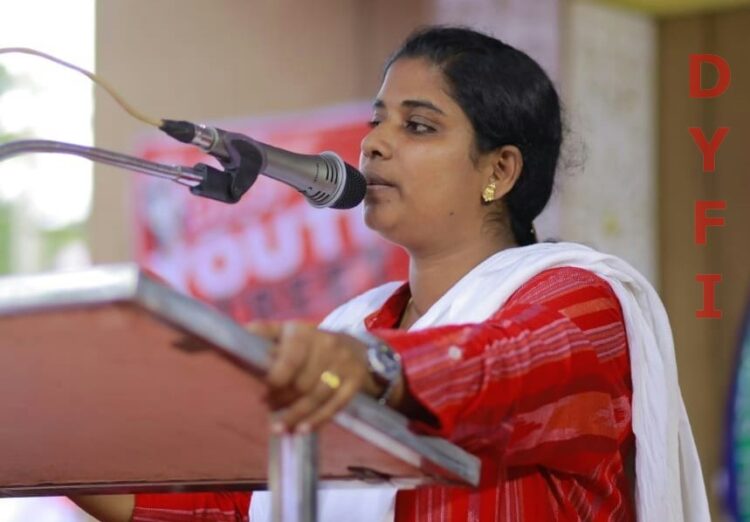PhD controversy of the prominent people of the state never sees an end. A research paper by PSC Member-designate Dr Princy Kuriakose, a DYFI leader, has now been published, which dates Adi Shankaracharya’s birth to the 18th century. According to the findings of the researcher, ‘Untouchability’ came into existence in the 19th century.
The controversy surrounding Chintha Jerome’s PhD thesis is still afresh and now the academic credentials of Dr. Princy Kuriakose, the PSC Member-designate, have also come under scrutiny. Last month, during a cabinet meeting, it was proposed to appoint Dr. Princy Kuriakose as a member of the PSC, a decision now entangled in the controversy over her PhD thesis. The government’s recommendation is facing strong opposition from the Save University Campaign Committee, which boldly objected to Dr. Princy Kuriakose’s appointment. In response, the committee submitted a petition to the Governor, urging him not to endorse the government’s proposal to appoint Princy Kuriakose as a PSC member.


She obtained her PhD in 2018 from Sanskrit University, Kaladi, conducting research on the topic “The Concept of Vedadhikara according to Sri Sankara and Chattambi Swamikal – A Comparative Study.”
Shankaracharya is believed to have lived in the 8th to 9th centuries. However, according to Chapter 2, Page 8 of Princy Kuriakose’s thesis, Shankaracharya is proposed to have lived in the 18th to 19th centuries, presenting a highly unconventional and misleading argument. Furthermore, the researcher states in Chapter 4, Page 6, that caste discrimination and untouchability, thought to have persisted for centuries, only commenced in the mid-19th century.


Apart from the evident factual inaccuracies in the dissertation of Dr. Princy Kuriakose, numerous typographical and grammatical errors could be seen on every page of the dissertation. Princy Kuriakose, who was a member of the Youth Commission and DYFI Ernakulam District President, conducted the research under the guidance of Dr. Dharmaraj Adat, the Vice Chancellor of Sanskrit University, Kaladi.
It is alleged that during the open defense, participants pointed out extensive errors throughout the thesis. However, these concerns were reportedly disregarded, and the thesis was still recommended for the award of a PhD.














Comments